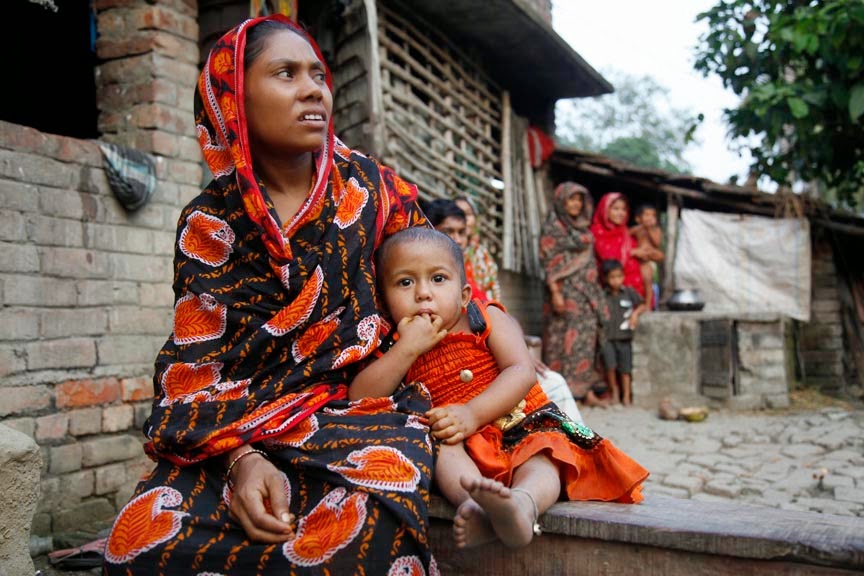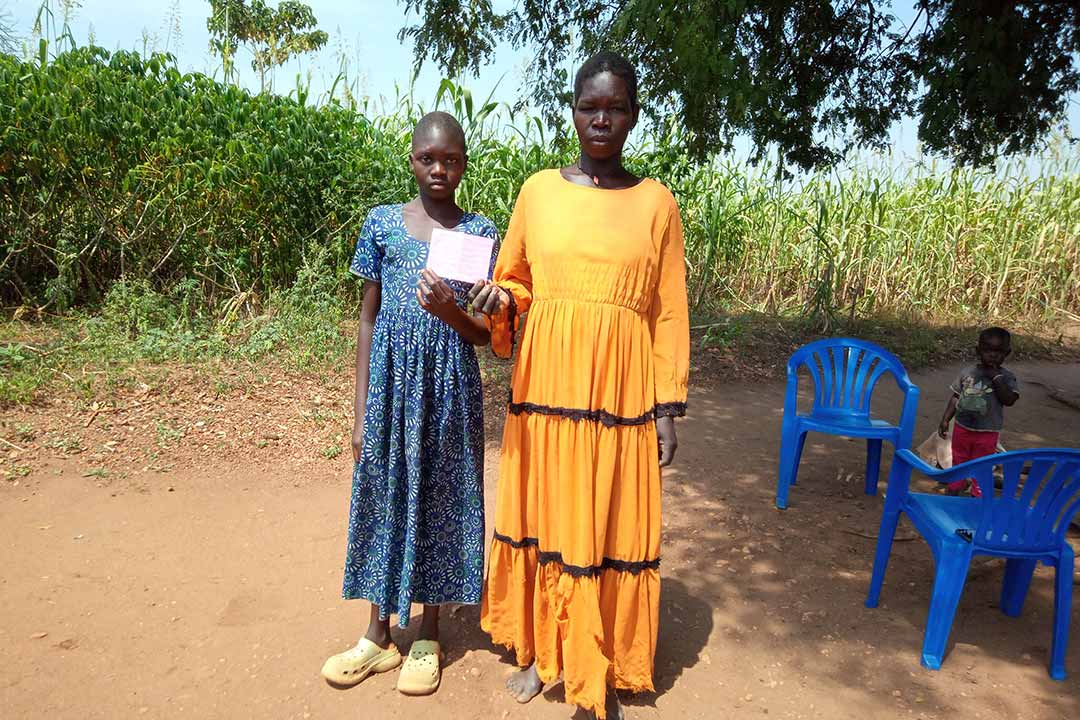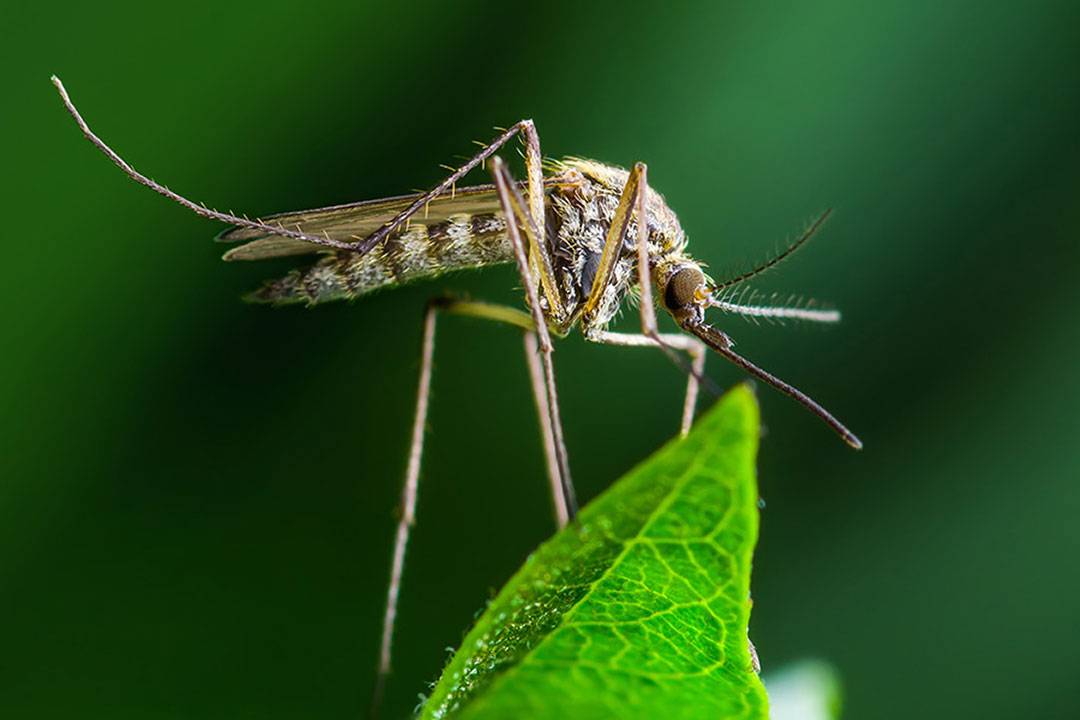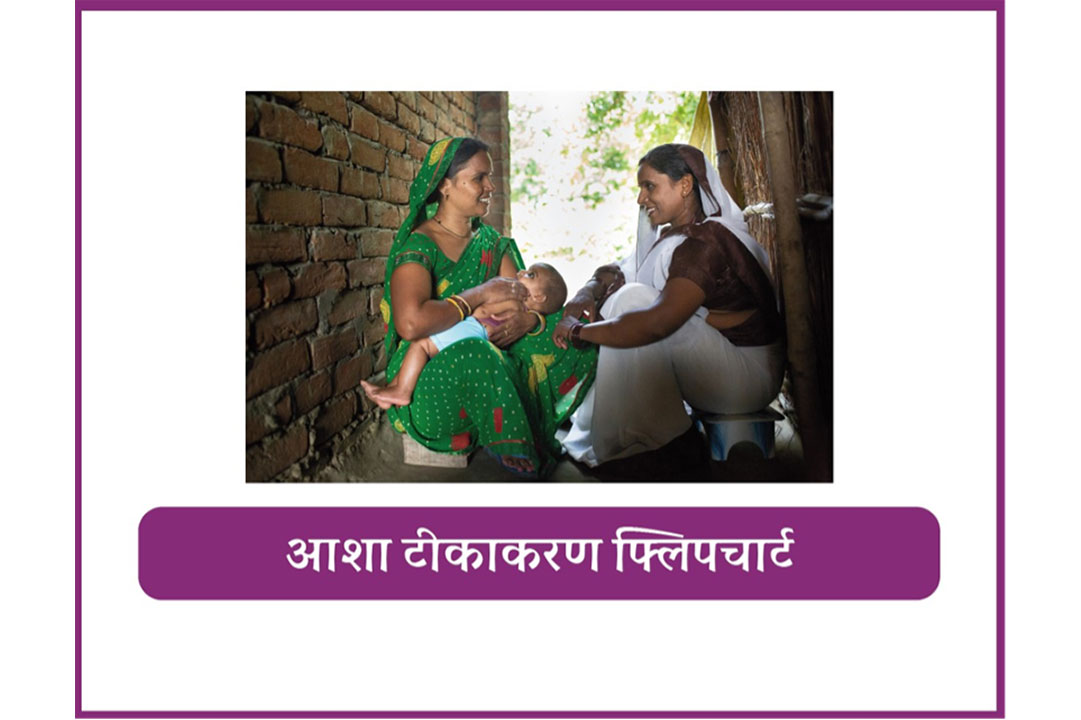Anuradha Gupta, Deputy CEO of Gavi, the Vaccine Alliance
The last person to be affected by polio in India was a little girl. Unlike her elder siblings, Rukhsar didn’t receive the vaccine. In meeting her family I was struck by their remorse – if only they could turn back the clock. Her father became a tireless advocate for the polio campaign, carrying his small daughter on his shoulders as he persuaded other parents to make sure their children were vaccinated. Still a toddler, gender wasn’t yet a major issue, but in a very traditional society it does raise questions of what impact a lasting disability will have on the young girl’s future.
The fact that girls are excluded from many fundamental opportunities in life is not a surprise to many. However, it might be more of a surprise to learn that immunisation has high gender parity, with no major differences in the immunisation rates between girls and boys in most countries. That said, persisting gender related barriers play a profound role in 19 million children, both boys and girls, missing out on even the most basic lifesaving vaccines every year.
For example, in some traditional societies, the fact that nearly all vaccinators are men discourages mothers to bring their children for immunisation. I saw this first hand in Pakistan where it was clear that some women at the sessions I attended were very hesitant to speak to the male vaccinators, reluctant to ask questions. In Indonesia, in one of the rapidly growing slum areas, increasingly common in the developing world, I was struck by the lack of flexibility around immunisation schedules. Typically they take place once a month at an hour when most women on low incomes are earning their daily wage, which they can ill afford to give up. At the same time we have seen how immunisation rates rise when mothers are educated, pointing to the fact that educational barriers to women impact on their own health and development, as well as their families.
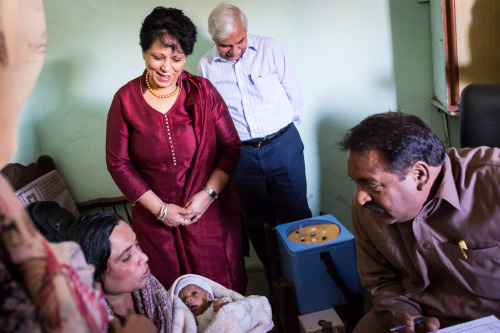
The author speaks to a mother at a vaccination clinic in Lahore. Photo: Gavi/I. Griberg.
International Women’s Day gives us an opportunity to celebrate the progress made in gender equality and women’s empowerment in the past few decades. At the same time we must pledge to do better. For example, girl’s access to education in low- income countries has improved, with enrollment rates at primary school level now at parity. But keeping girls in schools remains an abiding challenge. Much too often, they are forced to drop out early because they have to take care of their siblings, or they reach puberty which triggers fears among parents about their security. Lack of something as basic as a toilet, predominance of male teachers and high rates of molestation and even rape in some countries are among the many factors that cause girls to drop out.
In India, where I’m from, I have personally seen any number of highly educated parents agonize over whether their daughters warrant the same level of investment in higher education as their sons. Many of them would not think twice before sending their sons to expensive foreign universities but hesitate when it comes to deciding about their highly talented daughters. My husband and I opened all possible doors of growth for our two daughters, including making it possible for them to attend ‘first-in-class’ universities – a highly deliberate act of rebellion against India’s predominant social and cultural norms. Alas, discrimination against women, both among rich and poor, remains one of the most significant threats to sustainable development.
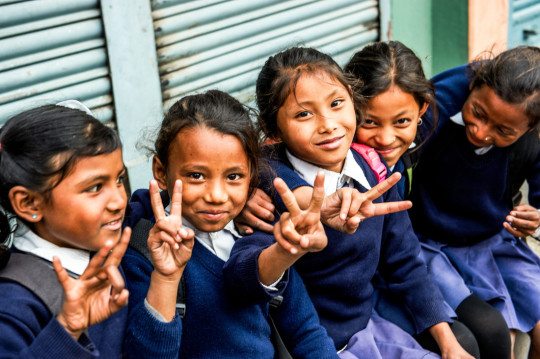
Students pose for a picture after class in Nepal. Photo: Gavi/ Oscar Seykens.
The Millennium Development Goals brought a focus on women and children that did not exist before. As a result, developing countries stepped up their efforts to improve the inclusion of girls and women in both education and health. Maternal mortality fell by 43% between 1990 and 2015, but it is unacceptable that more than 300,000 women still continue to die every year in birth related complications. Giving birth to a child is the most natural act that gives more than nine months of advance notice. Yet if women die while creating life, nothing is more shameful. Maternal deaths are the aggregate outcome of several forms of discrimination that women continue to suffer – from child marriage, lack of access to contraception, poor nutrition, domestic violence, inadequate care during pregnancy, lack of skilled birth attendance and broader health care. Nothing disturbs me more deeply than the fact that as many as 16 million girls under the age of 19 give birth each year. And it’s no secret that a small number of mothers’ are as young as 11 or 12 years of age. This is what I call the horrific phenomenon of ‘children giving birth to children’.
It would be wrong to believe that it is only in poor countries that women are discriminated against. Gender discrimination is rampant in most economies, though it manifests itself somewhat differently. Violence against women is a pandemic that affects all countries. Worldwide, more than one in three women have experienced some form of physical or sexual violence, most often from an intimate partner or someone close to them. Social expectations are still a major barrier – far too many women, even in industrialised countries, bear the burden of unpaid care and domestic work. The proverbial glass ceiling for women still persists, and women continue to be denied their fair share of decision making and influencing roles. For such deep-rooted challenges, where can we start to find the drivers of change?
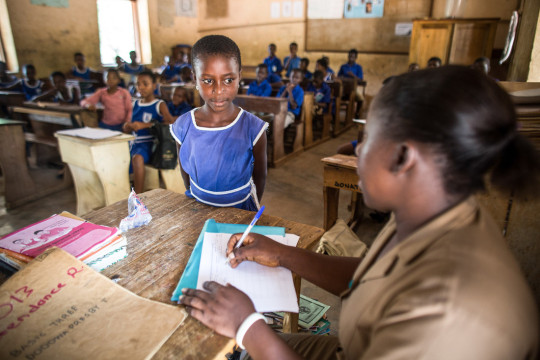
A nurse gets ready to administer HPV vaccine to school girls in Ghana. Photo: Gavi/ Evelyn HocKstein.
It’s very clear that when women are educated and empowered, they take charge of their lives in a myriad of ways. They become bold and take charge of their destiny. Growing up in India, I am acutely aware of how education opened up doors for me, and for many more like me. But, in spite of such successes, far too many women have yet to find the power of their voice and realize anything close to their true potential.
Like Rukhsar’s father, it’s time for us all to be bold and speak out for change. Let us on this Women’s Day re-dedicate ourselves to working tirelessly to expand opportunities for all women and girls. In Mahatma Gandhi’s words, let us ‘be the change that you wish to see in the world’.
